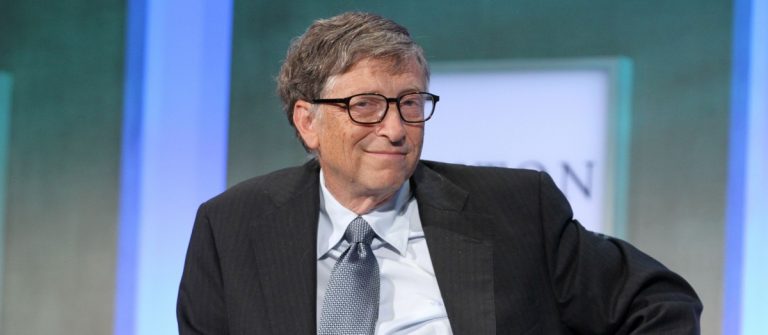
Economics, Business Administration, followed by History.
These are the top three most common major among Forbes’ 400 this year, a list of the wealthiest people in America where the price to get on is now US$2 billion.
Economics was the most popular – 45 on the list said they majored in this. The very same one that Hewlett Packard Enterprise CEO Meg Whitman (net worth: US$3 billion), New England Patriots owner Bob Kraft (US$6.2 billion) and hedge fund manager Steve Cohen (US$13 billion) chose to major in as undergraduates.
Doctorate, degree or dropout: how much education it takes to become a billionaire https://t.co/Of5KuI3oDC #Forbes400 pic.twitter.com/PWQ3hBUCUr
— Forbes (@Forbes) October 24, 2017
What makes it so popular?
Prof Nicholas Economides from NYU told Forbes it’s not all about the greenbacks.
He said:
“It is not only a question [of] how to make money. It is understanding the structures that create profitable opportunities.”
It’s a “curiosity about the way the world works”, according to Sara Ellison, a senior lecturer in the MIT Economics Department. It’s a curiosity about how people develop new systems and contribute to existing firms, she says.
“This is often the profile of the very most successful people,” Ellison claimed.
Babson College‘s Economics Department chair Lidija Polutnik said: “Students who choose to study and major in economics gain an important skill set, discipline in thinking and knowledge, which helps them become better decision makers”.
Warren Buffett made $6B in stocks in Q4 http://is.gd/smEqQY in other news precisely zero economics professors show on Forbes 400 richest
— gunnar peterson (@oneraindrop) January 14, 2011
The second-most popular course was business administration, of which there were 42 list members with degrees in business administration. This includes none other than investor extraordinaire, Warren Buffett, whose real-time net worth as of Oct 24 is US$81.5 billion.
As for history, 18 billionaires took this major in college – real estate don Donald Sterling (US$3.5 billion), president of U-Haul’s parent company Amerco Joe Shoen (US$2.8 billion) and co-founder of statistical software firm SAS John Sall (US$4.5 billion).
Why history, though?
“Past performance is nonetheless one of the best indicators we have about how the future might unfold,” says Seth Rockman, an associate professor of history at Brown University.
“Business people grasp this intuitively, whether they track a price series over a decade, look at a 52-week high, or consider the different ways that human societies across time and space have enforced contracts or regulated transactions.”
Liked this? Then you’ll love these…
Young and rich: The new Chinese kids at American high schools
The gap between rich and poor students going to university has reached record levels







